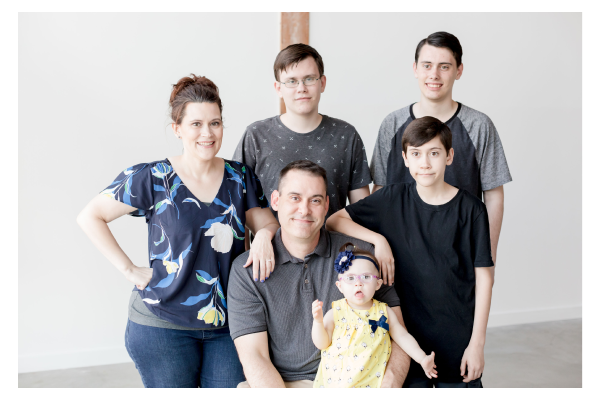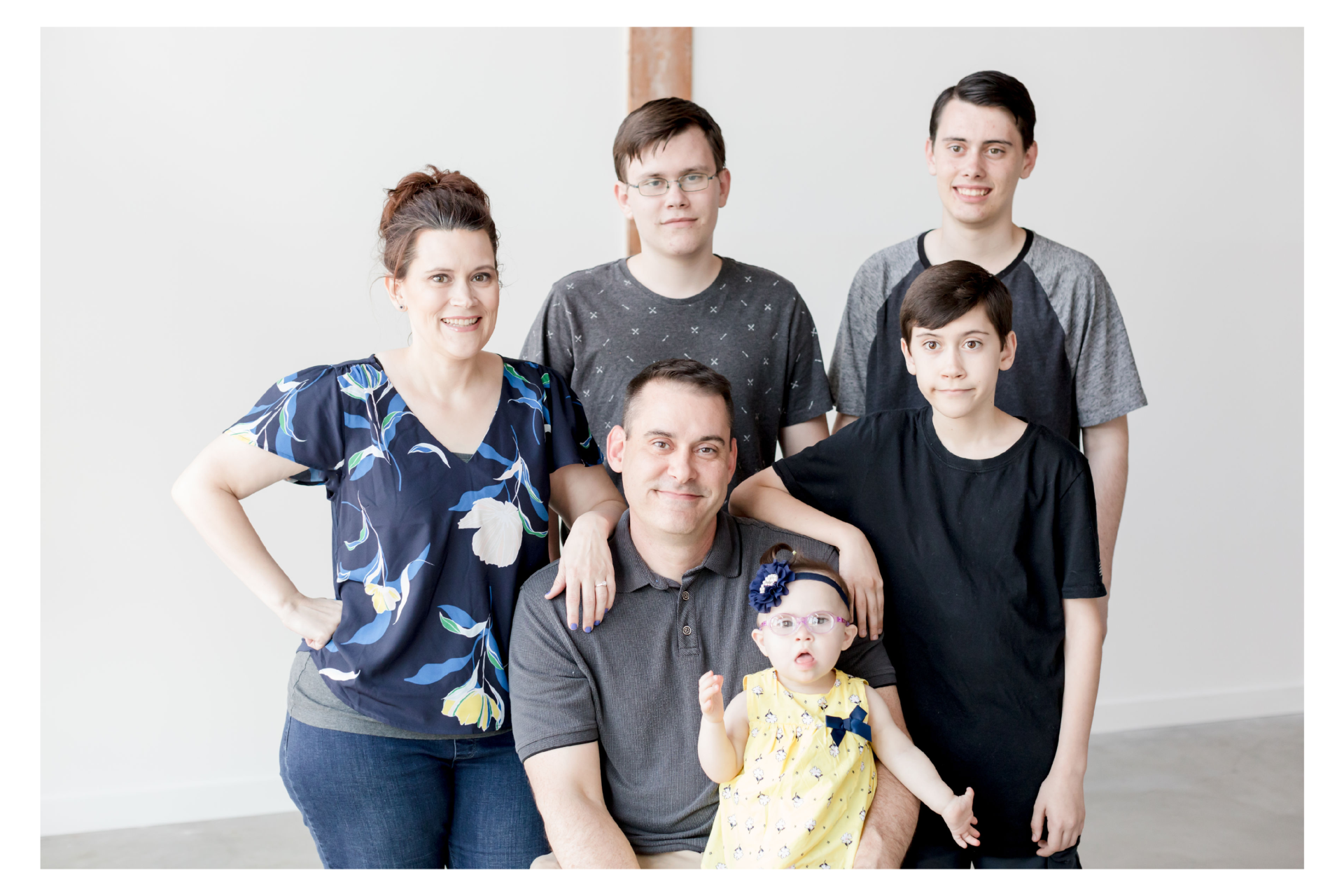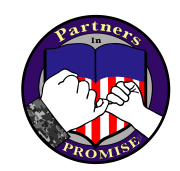
Culture Shock: Active Duty to National Guard
| EFMP Stories, Resources
By Carolyn Chase
Having spent my childhood as an Air Force brat, I grew up understanding the life of a military dependent. I loved it so much that when I graduated high school I decided to continue the adventures by enlisting in the Air Force. It was exhilarating seeing life as a military member!
My adventures in the military were short-lived as I met my future husband in the dorm room across the hall from me. We got married and started to plan our life together and the life as a full-time mom and military spouse kicked off with a bang! In just a short time I had separated from the Air Force, had a baby boy, and went through two separate three-month-long deployments as a spouse and parent.
When things settled down we decided that being close to extended family was a priority. We looked into our options and deemed that the Air National Guard was probably our best move. Boy was it a horse of a different color. We no longer had the strong military community in the form of other families banding together. Everyone already had a support group and no one really needed or wanted a connection to the base or other families. Isolation became a real hurdle. The biggest problem, hands down, was the lack of services and benefits that we had become used to. No Commissary, hospital, enlisted club, daycare facility, or recreation center!
Life in the National Guard (Post-EFMP)

To top all that off, we found that we were no longer entitled to use the Exceptional Family Member Program (EFMP) or eligible for TRICARE. We are Title 32, which means that even though my husband wears a uniform every day and has the same roles, expectations, responsibilities, and stressors of his active duty counterparts, he is not considered active duty.
Title 32 employees are dual-status technicians who are required to maintain their military status as a condition of their civilian position. What does that mean?
They wear a uniform, must leave their civilian position if they can’t meet military standards, don’t get overtime pay, and are still subjected to deployments, while not qualifying for benefits that would assist them in accomplishing mission objectives.
For the family at home, there is little difference from having a spouse/parent who is active duty and one who is a Title 32 employee.
We have all the complications of active-duty military life, apart from relocation, and yet we don’t have access to benefits that would increase retention, improve resiliency, promote readiness, and directly address suicide prevention-related issues.
Carolyn’s EFMP Story
I have four kids and two of them have special needs. One of my kids struggles with an Autism Spectrum Disorder and another has Trisomy-21 (Down syndrome) and both require special accommodations, equipment, specialists, therapies, and more. Our insurance only covers so much and having access to ECHO would be a game-changer. Having childcare that doesn’t cost us an arm and a leg because our kids require a little more attention is also off the table. And what I wouldn’t give to have the respite care that comes along with EFMP.
Our family has to find help through our local area/state and they are considerably limited. Even with the help that we have managed to find, we are in a different situation from non-military families. My husband has been routinely separated from us for deployments and often his long hours and work demands make it increasingly difficult to find the stability or consistency that is critical for our family.
Decision Time
If you are looking to join the National Guard and you have family members with needs beyond what is typical, take caution. Look at the position and title and find a good fit that will work for the most vulnerable members of your family. I hope that someday all Title 32 military families will be able to access to EFMP and Tricare to help retain this essential component of our fighting force. I implore all policymakers to consider our family and others like us when making decisions that could have a very positive impact on the readiness of our National Guard.
About the Author
Carolyn Chase is a veteran as well as military spouse and mom of four, three of which being differently-abled, the oldest son having ADHD as well as an Anxiety Disorder, her middle son who is gifted, her youngest son has Autism Spectrum Disorder with severe allergies, and her daughter has Down syndrome and is legally blind.
Carolyn has a Bachelors’s degree in Food Science, specializing in Culinology. She is an advocate for military families with special needs dependents and strives to improve the lives of those in her military community. She volunteers as a Key Volunteer Mentor at the 144th Fight Wing Air National Guard in Fresno CA and plans to attend the AFI Military Spouse of The Year Awards Luncheon as the AFI 2020/21 CA Air National Guard Military Spouse of the Year.





Leave a Reply